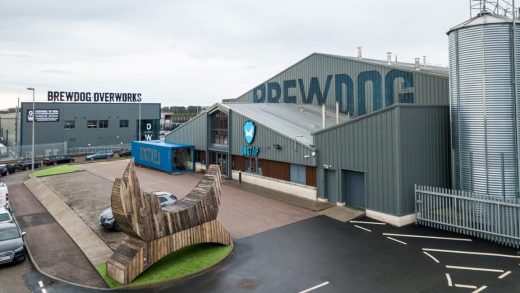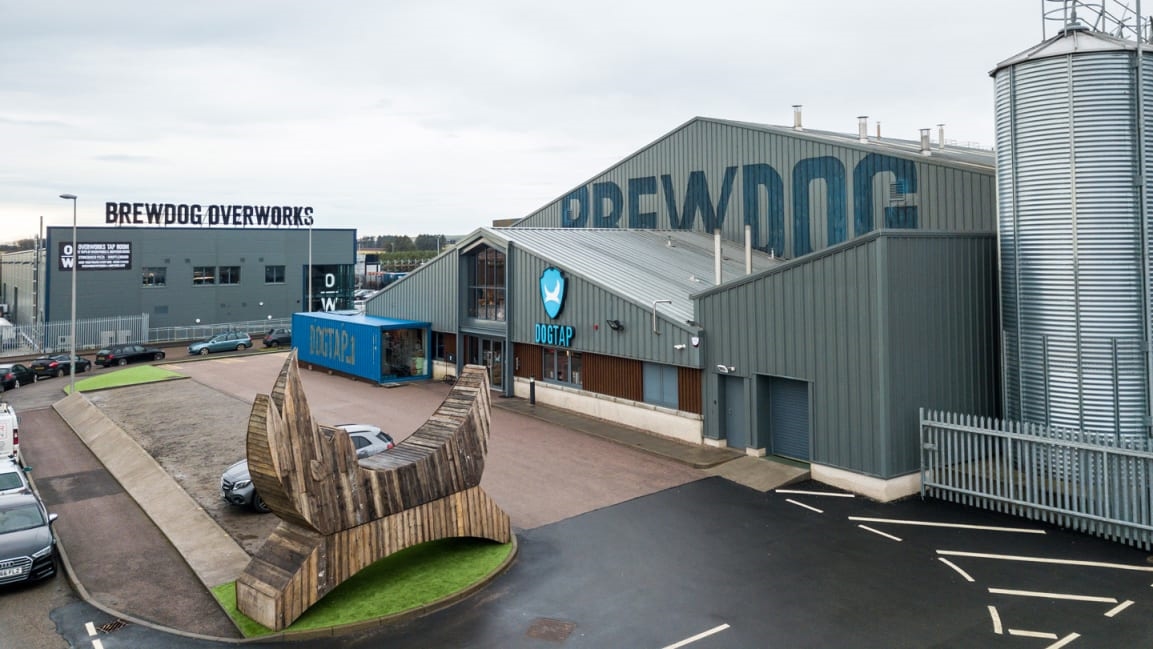Why this Scottish brewery just bought a forest
At its brewery in Scotland, the craft brewer BrewDog runs on wind power and gas made from malted barley, part of a strategy to reduce carbon emissions as much as possible. But the company, which also owns a chain of pubs, wanted to go farther. That’s why it now owns a forest.
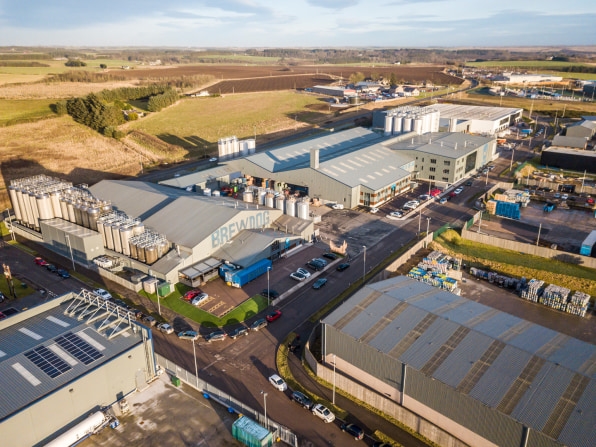
On 1,500 acres in the Scottish Highlands currently used for grazing livestock, the company plans to restore a native forest, planting a million trees over the next two years to help sequester carbon. On another 550 acres, it will restore peatlands, a type of ecosystem that is particularly effective at storing carbon. Until the forest—which is expected to sequester about 300,000 tons of CO2—is planted, the company will fund carbon removal projects from other partners, like the U.K.’s Woodland Trust, to offset its footprint.
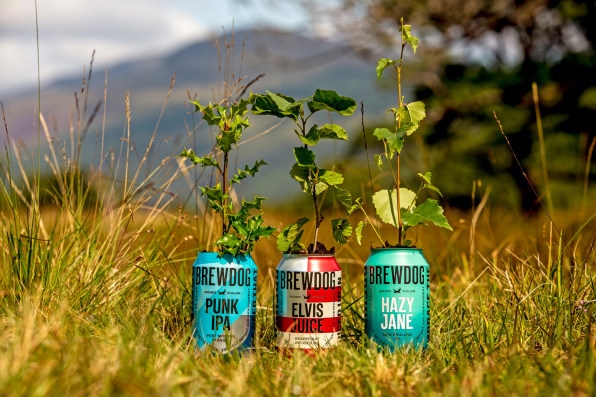
The company is now carbon negative, removing twice as much carbon from the atmosphere as it emits, including all of the pollution in its supply chain. “We thought we were doing our bit when it came to sustainability,” says CEO James Watt. “The more we dug into this, the more we found out that we weren’t doing nearly enough. We are facing an imminent climate crisis, and we think carbon neutral is no longer enough. So we want to make sure that we as a company, as a team, and a community, have a positive impact on the planet.”
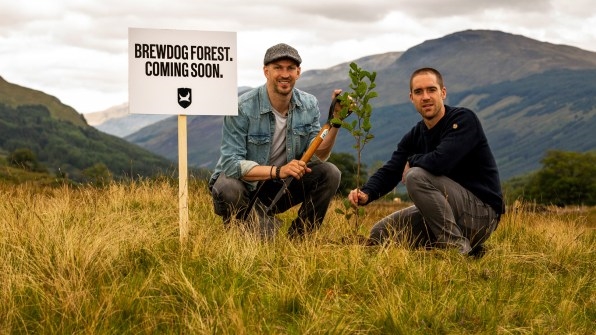
At its brewery, the company is building an anaerobic digester that can turn spent grains, a byproduct of brewing, into biomethane that can be used to heat equipment. (It currently sends grains to a nearby plant to do the same thing.) The brewery will also use the digester to clean wastewater and produce CO2 that can be used to carbonate its beer. The company is also shifting to electric vehicles. It’s also creating new products, like a vodka made from beer that can’t be used for some reason—say, an IPA that comes out a little too bitter—to further reduce its footprint.
As it continues to shrink that impact, the team saw that it was critical to offset the emissions that remained, citing a landmark climate report from 2018 that gave the world 12 years to radically reduce emissions in order to avoid the worst impacts of climate change. It also argues that businesses should do more than reducing and offsetting carbon. “I think we have to start speaking about carbon negative,” Watt says. “If you look at all the science, we don’t just have to reduce our emissions, we actively have to start taking carbon out of the air to get the planet back to equilibrium, which is why we felt carbon neutral wasn’t enough. And we wanted to make a statement by taking twice the carbon out of the air that we emit.”
(24)

